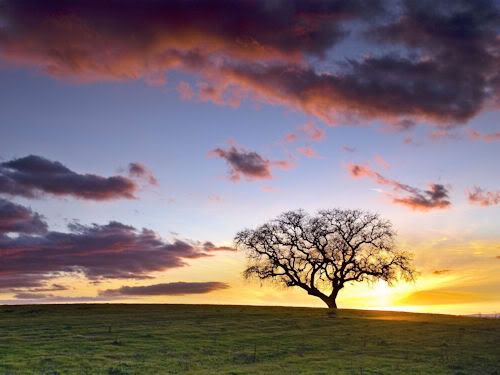Our free market economy is nothing more than a huge auction called ‘Supply and Demand’, which – very efficiently – puts a price on on everything.
The problem is that it allows us to sell everything – the last drop of oil, the last tree, the last fish, the last of everything. It’s called growth – but it is, obviously, growth into oblivion – the exact opposite of EcoEconomics. It is a fatal flaw of our present economic system.
Or, as Greenpeace puts it: “When the last tree is cut, the last river poisoned, and the last fish dead, we will discover that we can’t eat money…”
[…]
The eco-economic price for a natural resource is, therefore, the price you would have to pay if our planet were to release that resource only at a sustainable level.
Who can put a Price on the Environment? … We all should.
Afterall if we end up decimating the planet’s EcoSystems — trying to sell off their once abundant natural resources — We can’t eat the money … or gold either, can we?

